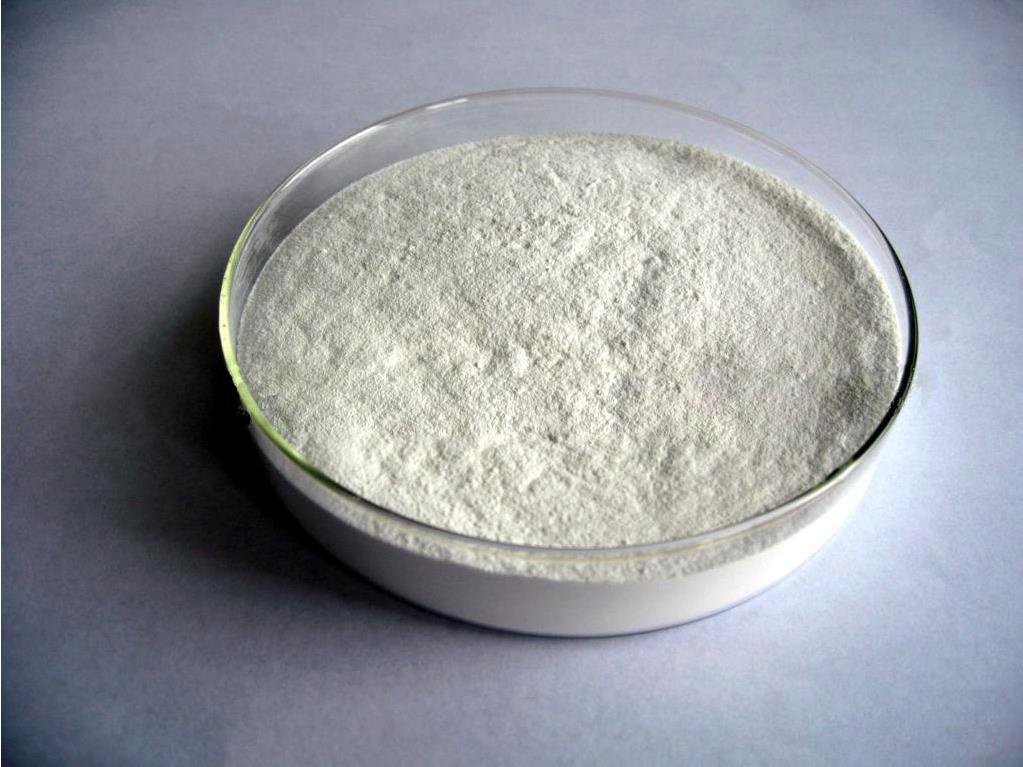The Craft Beer Industry’s Green Awakening
The craft beer industry, valued at $117 billion globally (Statista, 2023), faces mounting pressure to reduce its environmental footprint. Enter organic malt syrup—a game-changing ingredient that’s helping breweries slash water waste, repurpose byproducts, and brew planet-positive pints. As consumers demand both flavor and sustainability, forward-thinking breweries are turning this ancient sweetener into a modern sustainability powerhouse.

1. The Problem: Craft Beer’s Hidden Environmental Cost
- Water Waste: Traditional brewing uses 7-10 liters of water per liter of beer (UNESCO).
- Spent Grain Waste: 85% of breweries discard used grain as landfill (Brewers Association).
- Carbon Footprint: Malt production contributes 25-30% of a beer’s total emissions (Carbon Trust).
2. The Solution: Organic Malt Syrup’s Zero-Waste Superpowers
2.1 Water Conservation
- Concentrated Efficiency: Liquid organic malt syrup requires 40% less water than whole-grain mashing.
- Closed-Loop Systems: Pioneers like EcoBrew Co. recycle steam from syrup production to heat fermentation tanks.
2.2 Spent Grain 2.0
- Upcycled Ingredients:
- Bread Flour: ReGrained partners with breweries to turn spent malt into nutrient-packed flour.
- Biodegradable Packaging: Malt residues bind compostable six-pack holders.
- Pet Food: Protein-rich spent grain becomes dog treats (e.g., Sierra Nevada’s Barley Buddies).
2.3 Carbon-Neutral Malting
- Regenerative Farming: Organic barley fields sequester 0.5 tons of CO2/acre/year (Rodale Institute).
- Renewable Energy: Solar-powered malt houses reduce emissions by 35% (Solar Brewer Initiative).
3. Case Studies: Breweries Leading the Charge
3.1 GreenHops Brewery (Portland, USA)
- Innovation: Switched to organic malt syrup + AI-driven water recapture.
- Results:
- 60% less water use.
- 90% spent grain upcycled into vegan “beer flour.”
- 2023 Sustainable Brewery of the Year award.
3.2 Stroud Brewery (UK)
- Circular Model:
- Organic malt syrup from local barley.
- Spent grain → mushroom farming substrate.
- Mushrooms sold at brewery taproom.
- Impact: Zero waste to landfill since 2022.
4. The Science: Why Organic Malt Syrup Outperforms
- Consistent Fermentation: Uniform sugar content reduces yeast stress, cutting failed batches by 20% (Journal of Brewing Science).
- Flavor Precision: Dark vs. light syrups let brewers fine-tune caramel/toffee notes without roasting grains.
- Allergen Control: Gluten-free options (sorghum-based) expand market reach.
5. How to Transition: A Brewer’s Step-by-Step Guide
5.1 Sourcing Organic Malt Syrup
- Certifications: Look for USDA Organic, Non-GMO Project, and Fair Trade.
- Local Partnerships: Reduce transport emissions by collaborating with regional organic farms.
5.2 Reformulating Recipes
- Malt Syrup Ratios: Start with 15-20% substitution of base malt; adjust based on body/ABV goals.
- Pro Tip: Compensate for reduced grain husks (natural filters) with rice hulls.
5.3 Building Circular Systems
- Spent Grain Partnerships: Partner with bakeries, farms, or biofuel plants.
- Consumer Engagement: Label cans with QR codes showing sustainability metrics.
6. Consumer Demand: The Thirst for Green Beer
- Market Data: 72% of millennials pay premium for eco-friendly beer (Nielsen, 2023).
- Certification Wins:
- B Corp Breweries grew 400% since 2020.
- Climate Neutral Certified beers now dominate 15% of craft shelves.
7. The Future: Beyond Zero Waste
- Carbon Capture Brewing: Pilot projects infuse CO2 from fermentation into malt syrup production.
- Algae-Based Filtration: Spent grain + algae bioreactors purify wastewater while producing biofuel.
- Blockchain Transparency: Track malt syrup’s journey from organic farm to pint glass via smart labels.
Raising a Glass to the Circular Economy
Organic malt syrup isn’t just sweetening beer—it’s fermenting a revolution. By transforming waste into resources and flavor into activism, breweries are proving that sustainability and craft excellence can foam up side by side. As the industry taps into this golden-green potential, every sip becomes a toast to a cleaner, kinder planet.








